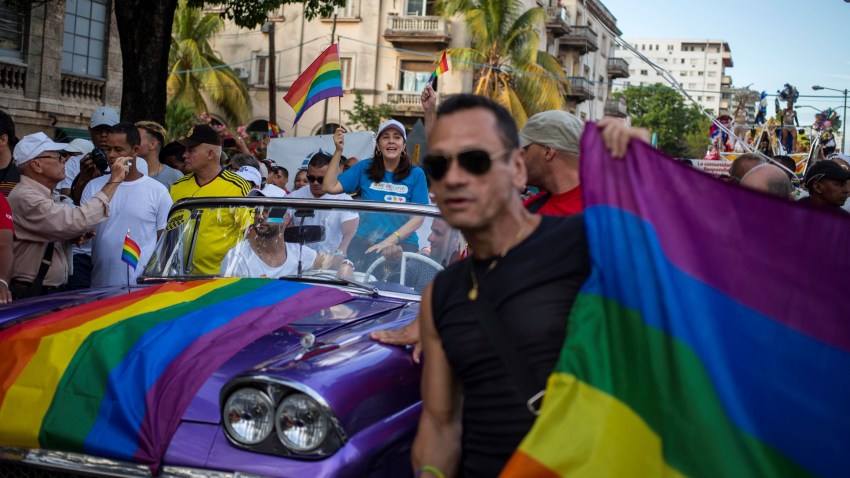This fall, same-sex couples in Cuba won a significant victory: A referendum on a new Families Code expanded their legal recognition, granting them equal access to marriage, adoption and surrogacy.
The referendum outcome culminated an uphill struggle decades in the making. LGBTQ Cubans and their allies in state institutions like the Federation of Cuban Women, the National Union of Cuban Jurists and the National Center for Sex Education, or CENESEX, have been working since the early 2000s to update Cuba’s 1975 Family Code. When these groups began their advocacy, their proposal to overcome the law’s heteronormative assumptions was groundbreaking and would have made Cuba the first country in Latin America to extend the full rights of marriage to all its citizens.
Instead, the proposal languished while Cuba’s neighbors moved forward. In the first decade of the 2000s, Brazil, Uruguay, Ecuador, Colombia and several Mexican and Venezuelan states legalized same-sex civil unions. It wasn’t until 2012 that the proposed new family law was introduced in the Cuban National Assembly. But it would take another 10 years—and a new Constitution—for these early drafts to become the law of the land, allowing Cuba to join Argentina, Brazil, Uruguay, Colombia, Ecuador and Costa Rica in extending full marriage rights to all citizens this year.

